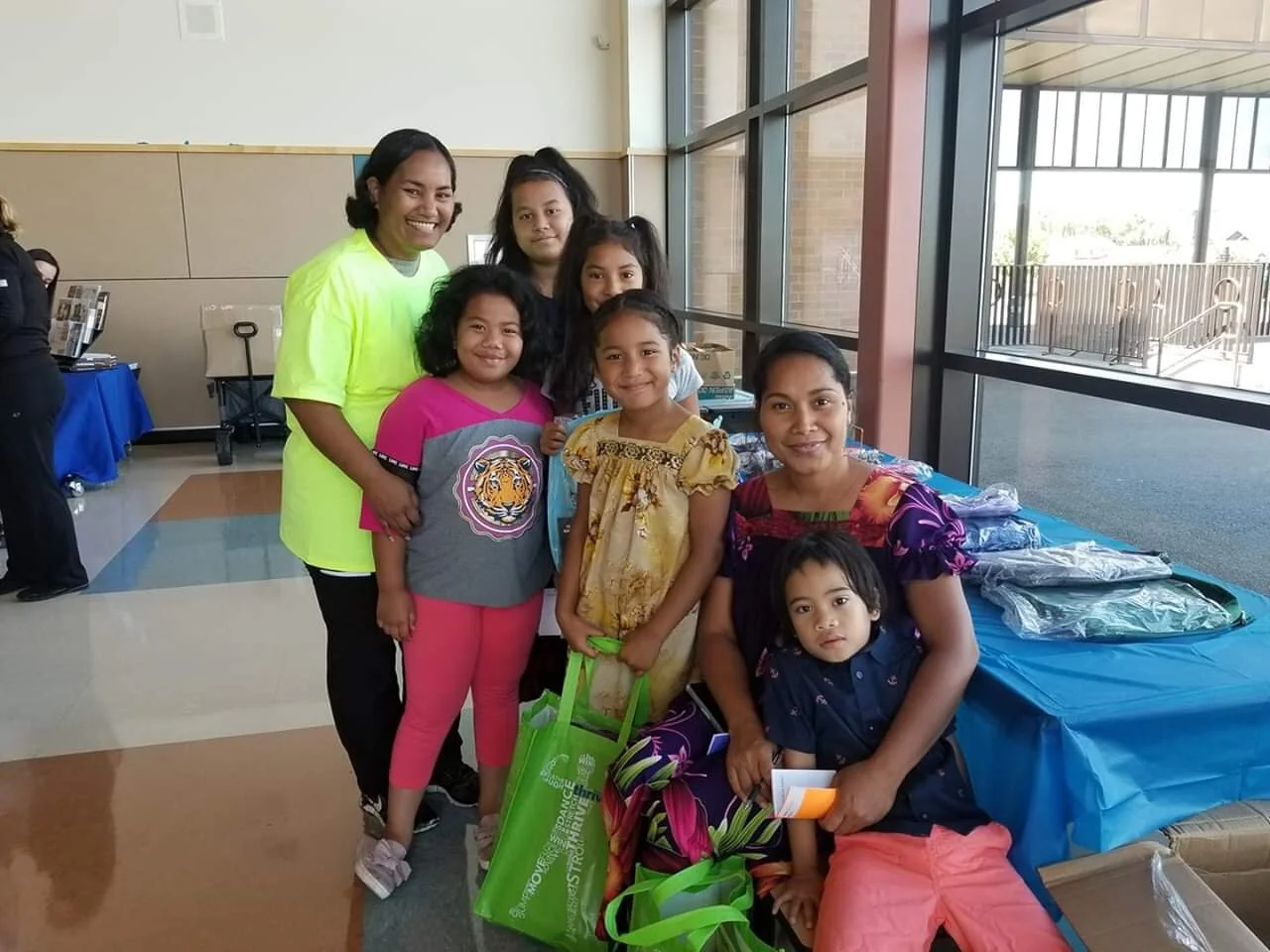Familias en Acción: Improving Health from Every Angle
/A story from Health & Education Fund Impact Partner Familias en Acción.
Familias en Acción works to improve health through a variety of strategies, from teaching nutrition classes to advocating for policy change.
For the past 20 years, Familias en Acción has educated Latino Oregonians about health and employed community health workers to support community members. They’ve addressed health issues such as domestic violence and breast cancer. Currently, they’re focused on preventing and managing chronic diseases.
Their programs emphasize the importance of health during the first 1000 days of life. They also recognize the intergenerational aspects of health. An ancestors’ poor or good health can trickle through generations. For example, if someone eats well and exercises, their future grandchild’s health will be better for it. This recognition led Familias en Acción to create their Abuela, Mamá y Yo! program.
In 2018, Familias en Acción developed a curriculum for their Abuela, Mamá y Yo! program. This curriculum is taught over four 2.5 hour sessions and covers topics ranging from gardening, traditional foods and breastfeeding to epigenetics and public policy. Familias en Acción made a goal of training 50 trainers to facilitate this curriculum across Oregon. By the end of September 2019, they’d trained 120 trainers. It’s clear there is a huge appetite for this information.
With funding from a Health & Education Fund capacity building grant, Familias en Acción also formed a community council made up of organization representatives, parents and future parents. They’ve accomplished an unbelievable amount in the last couple years.
Together, the community council has been learning about policy and advocacy. Through partnerships with Oregon Food Bank and Partners for a Hunger-free Oregon, they’ve learned about SNAP, WIC, school meals and food pantries. They partnered with Adelante Mujeres to hold a community forum, with lawyers present, about public charge. They participated in the 2019 May Day rally and march in Salem to support the Driver’s Licenses for All campaign, and they met with legislators to talk about food pantries and housing. They also participated in a CAPACES Leadership Institute training, spent time making and eating healthy, traditional meals together with local foods, and solicited people to sign postcards in support of multiple ballot measures. And they worked with Oregon’s Department of Human Services to visit their offices as “secret shoppers” and evaluate their performance.
This fall, the Health & Education Fund Partners approved Familias en Acción for an implementation grant. The increased amount of funding will allow them to continue ramping up their invaluable work. They plan to train more Abuela, Mamá y Yo! facilitators; teach Know Your Rights classes about eligibility, application processes, access and how to file a complaint around nutrition services such as SNAP, WIC, food pantries and school meals; and continue to engage in policy advocacy around issues that impact the health of the Latino community in Oregon. All this while simultaneously evaluating and improving their strategies.
You can thank Familias en Acción for improving health for all Oregonians. We certainly are!

















